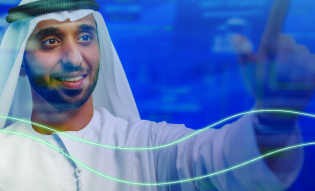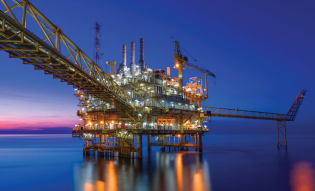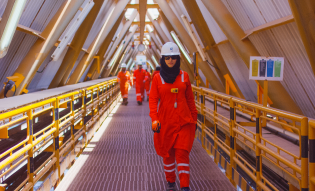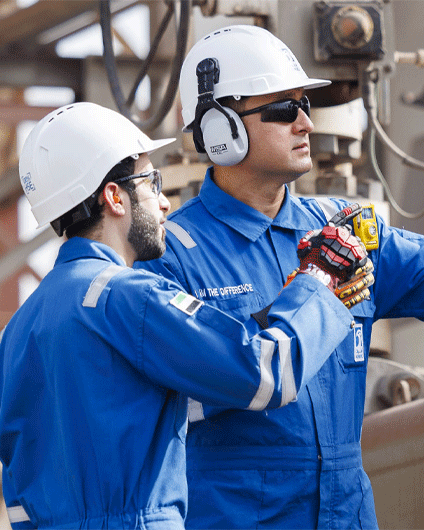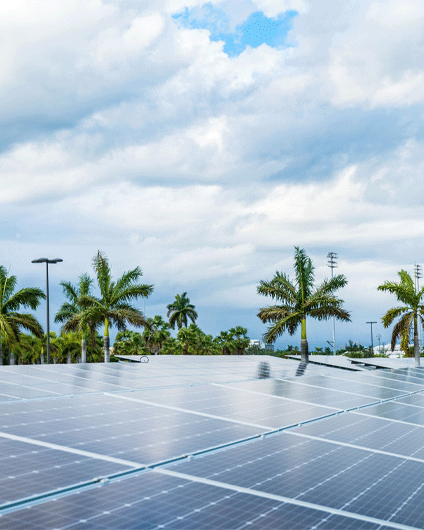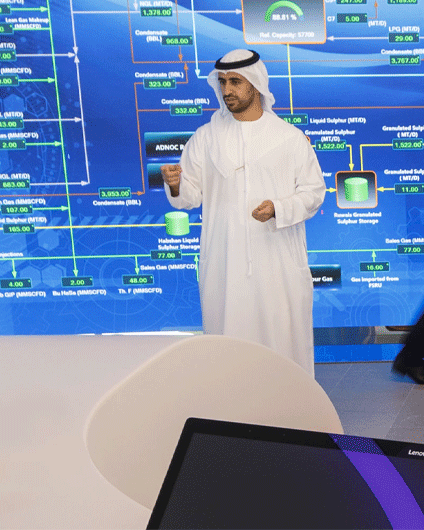We are leading the industry by taking practical and tangible action to accelerate our decarbonization strategy and reduce our greenhouse gas emissions. Carbon management, electrification, energy efficiency and methane reduction are at the core of our strategy as we work to achieve a 25% reduction in greenhouse gas intensity by 2030 and meet our ambition to be operationally net zero by 2045.
We are in the top tier of the lowest carbon intensity oil and gas producers globally, driven by decades of investing in operational excellence, energy efficiency and flaring reduction.



